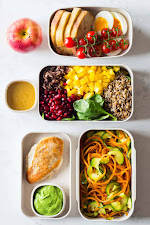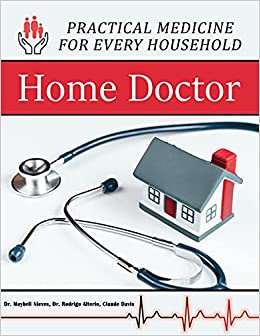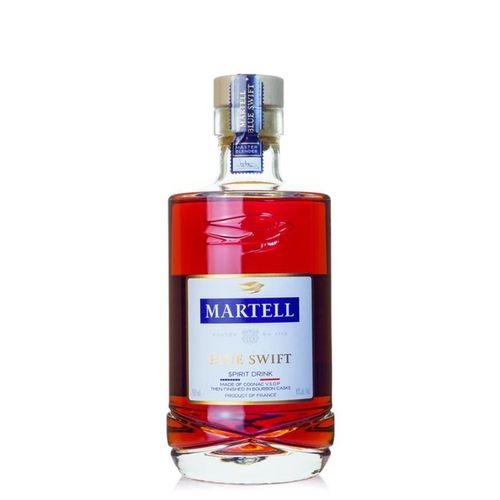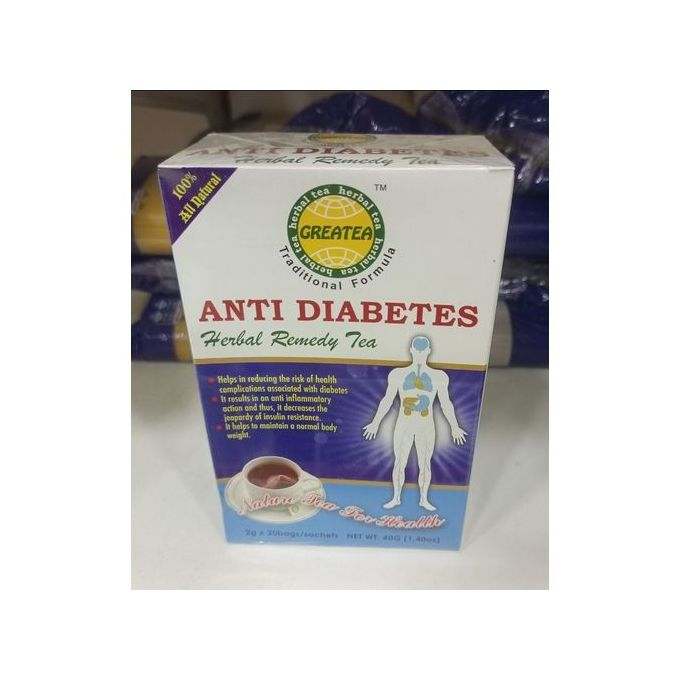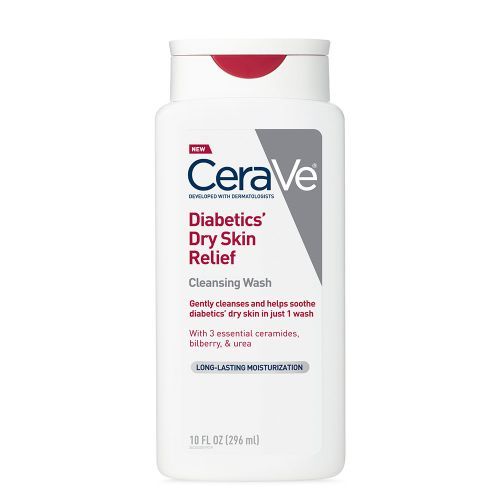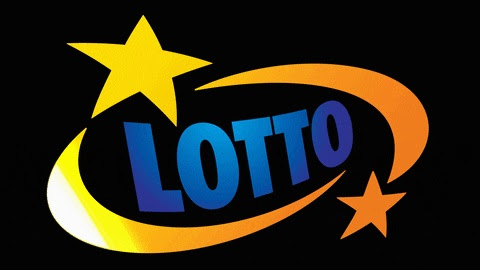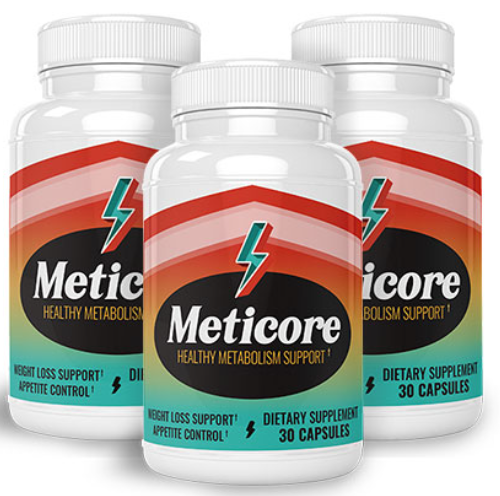One of the biggest misconceptions I hear from my clients is that if they could eat less, then they’d lose weight. In reality, it’s exactly the opposite. I can’t tell you how many of my overweight clients come to me and tell me that they eat literally no more than 1,200 to 1,400 calories per day. Often they also exercise five to seven days a week.
Yet they still aren’t losing weight. They say things like, “I swear this is all I eat!” and “I promise I’m not cheating!,” as if I’m going to send them to the principal’s office for food-diary forgery. I believe them. Why? Because eating less actually makes the situation worse! When your metabolism is too slow, you’ll store lettuce as fat, and you certainly won’t burn any fat.
I was explaining to a client the other day that because of the way her body’s hormone system was responding, even the carbs found in the beautiful organic mixed greens she was eating were being used as a vehicle to store fat. Shocking and unfair, isn’t it? Even the healthiest of foods can do this if your metabolic system needs repair.
This client thought she was doing the right thing by eating so much lettuce, but she’d become so carb-resistant because of years of dieting (as well as the use of diet products, extreme stress, irregular eating, and what I deemed to be an excessive exercise program) that any carbohydrates that found their way into her system, including those in that lettuce, , were being converted into sugars and stored as fat instead of being metabolized.
I also have clients who skip breakfast, don’t eat until 2:00 in the afternoon, then consume 4,500 calories between 2:00 and bedtime. Their bodies have gone into starvation mode by the time they get around to eating. They eat so much because their bodies are panicking and they can’t stop themselves. Their bodies are pissed o? at them for depriving them of food for so long; they’re lucky if it only takes 4,500 calories to calm their bodies again.
Why are their bodies reacting so violently by triggering such aggressive eating? When you don’t eat until the afternoon, you are asking your body to wake up, get out of bed, shower, get dressed, think, drive, work all day, and sometimes even exercise—all on zero fuel. Talk about cruel. Guess what else happens when you don’t provide your body fuel from food? There’s a reason you don’t just drop dead when you don’t eat.
Your body finds food despite you—it finds it in your muscle tissue. It has been proven that a body in starvation mode will findaccess muscle for fuel, and not fat. So if you do not feed your body, it will “eat” your muscles for the essential fuels it needs to continue life. That’s kind of disgusting and more than a little disconcerting to know how key lean muscle is to burning fat, as well as to keep you structurally fit and able to move with ease and energy through each day.
FAST METABOLISM FACT
Starving yourself does terrible things to your muscles. You know that feeling you get when you’re hungry, but don’t eat? At some point, y ou stop being hungry, right? You sure do, but it’s not because you didn’t eat. You did eat. Your body turned to its own tissues for fuel.
This would be great if your body just cannibalized all the excess fat in all the places you don’t want it to be. But unfortunately, it doesn’t work like that. Instead, the body goes for the muscle first. Because fat is stored for emergencies, y our body considers snacking on your own muscle tissue as a preferable option.
Yum, bicep sandwich!
Yes, muscle is considered more expendable. Your body ’s just doing what it thinks is best to keep y ou alive, yet the result can be devastating for someone trying to lose fat and build muscle. Wouldn’t it be better to have a real snack? Is all that really worth skipping a meal for? And do you really want to fear eating even lettuce—or worse, living only on it—for the rest of your life?
RELATED POSTS
Metabolism! How Did We Get Here
Metabolic Myth #2: If I Like It Too Much, It Can’t Be Good For Me … Or My Waistline
Metabolic Myth #3: Losing Weight Is Simply Calories In, Calories Out
Metabolic Myth #4: Desserts Make You Fat
Metabolic Truth #1: To Lose Weight You Must Make Peace with Food
Metabolic Truth #2: Food Is Something That Was Once Alive and
Came From the Land, Sky, or Sea
Metabolism: The Secrets of T3 and Rt3
The Body Five Major Players—and Why
They Are Essential To Metabolic Repair
Around the Web




